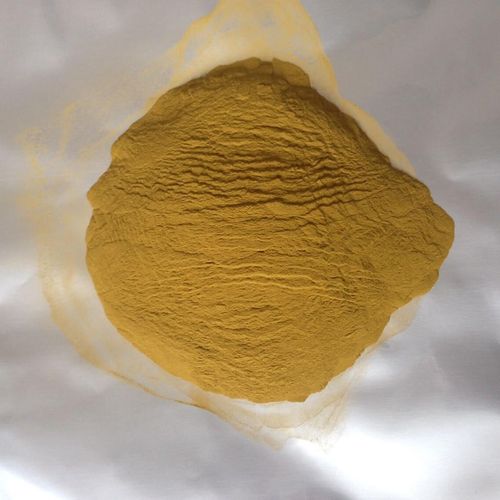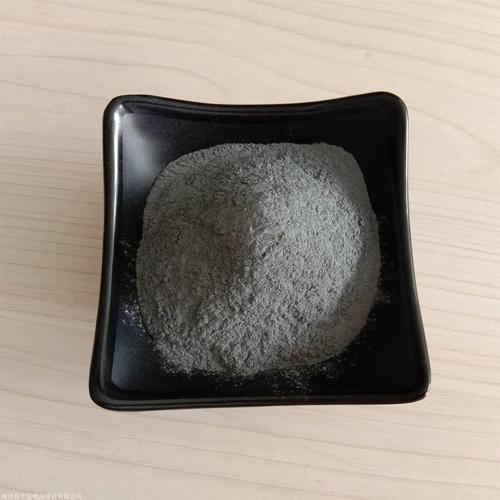Overview of Zirconium Titanium alloy target
Titanium (Ti) is a chemical element with the atomic number 22 and is symbolized as Ti on the periodic table. It belongs to the transition metals group and is known for its low density, high strength-to-weight ratio, and exceptional corrosion resistance. Discovered in 1791 by William Gregor, titanium has become a vital material across numerous industries due to its unique combination of properties.
Feature of Zirconium Titanium alloy target
-
Low Density and High Strength: Titanium is about 45% lighter than steel but possesses similar strength, making it ideal for applications where weight reduction is critical without compromising strength.
-
Corrosion Resistance: It forms a passive oxide layer that protects the underlying metal from corrosive substances, including sea water and chlorine, making it highly resistant to corrosion.
-
Biocompatibility: Titanium is well-tolerated by the human body and doesn’t cause adverse reactions, which is why it’s widely used in medical implants and surgical instruments.
-
Heat Resistance: With a melting point of 1,668°C (3,034°F), titanium can withstand high temperatures, making it suitable for aerospace and automotive applications.
-
Non-Magnetic and Non-Toxic: These properties make titanium ideal for applications in MRI machines and other sensitive electronic devices.
-
Fatigue Resistance: Titanium demonstrates excellent resistance to metal fatigue, crucial in cyclic loading applications such as aircraft parts.
.

(Zirconium Titanium alloy target)
Parameters of Zirconium Titanium alloy target
Zirconium titanium alloy (ZT) is a popular material for aerospace and military applications due to its high strength, corrosion resistance, and lightweight properties. The properties of ZT can vary depending on the specific composition and processing methods used.
One parameter that affects the performance of ZT in aerospace applications is its hardness. The hardness of ZT is typically measured using the Rockwell hardness test. This test measures the hardness of a material at different temperatures, with higher values indicating greater hardness.
Another important parameter affecting the performance of ZT is its toughness. The toughness of ZT is also affected by temperature, with higher values indicating greater toughness.
In addition to these physical properties, ZT can also have other properties such as melting point, ductility, and electrical conductivity. These properties can affect the choice of materials and processes for producing ZT components.
Overall, the performance of ZT depends on a combination of its physical properties, including hardness, toughness, and melting point, as well as its chemical composition and processing techniques. Understanding these parameters is important for optimizing the performance of ZT components in aerospace and military applications.

(Zirconium Titanium alloy target)
Company Profile
Metal in China is a trusted global chemical material supplier & manufacturer with over 12-year-experience in providing super high-quality copper and relatives products.
The company has a professional technical department and Quality Supervision Department, a well-equipped laboratory, and equipped with advanced testing equipment and after-sales customer service center.
If you are looking for high-quality metal powder and relative products, please feel free to contact us or click on the needed products to send an inquiry.
Payment Methods
L/C, T/T, Western Union, Paypal, Credit Card etc.
Shipment
It could be shipped by sea, by air, or by reveal ASAP as soon as repayment receipt.
FAQ

(Zirconium Titanium alloy target)





